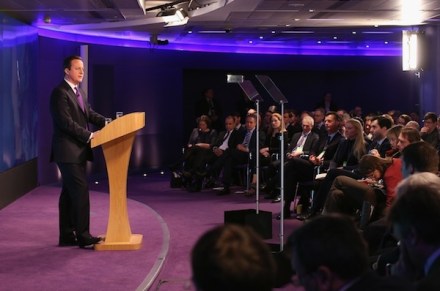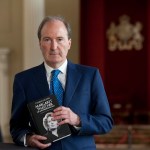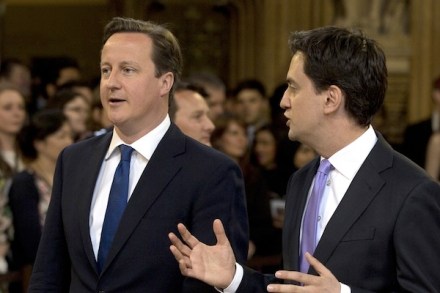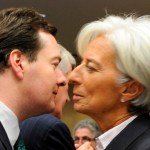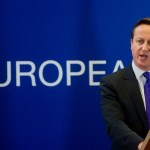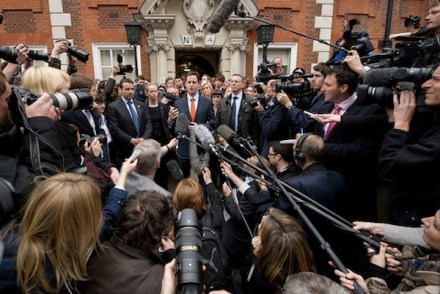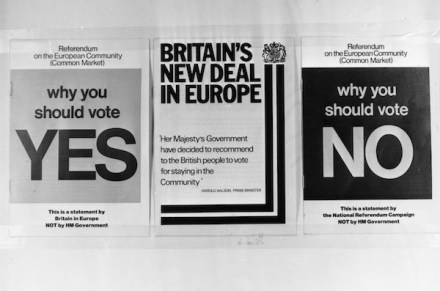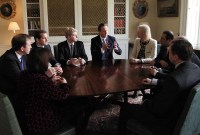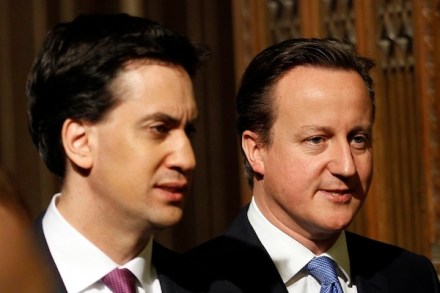EU referendum amendment is just first step in long battle
As expected, the backbench Tory campaign for an EU referendum bill started as soon as the Queen’s Speech proved not to contain one. The first battle is over an amendment expressing regret which John Baron, who is leading the charge on this, has tabled. The amendment, to the motion welcoming the Queen’s Speech, simply reads: ‘Respectfully regrets that an EU referendum bill was not included in the gracious speech.’ This means that all Tory MPs who want a referendum, but in a different form, such as the mandate referendum that Bernard Jenkin and others have pushed for, can still sign the amendment. Baron tells me that he hasn’t decided whether
